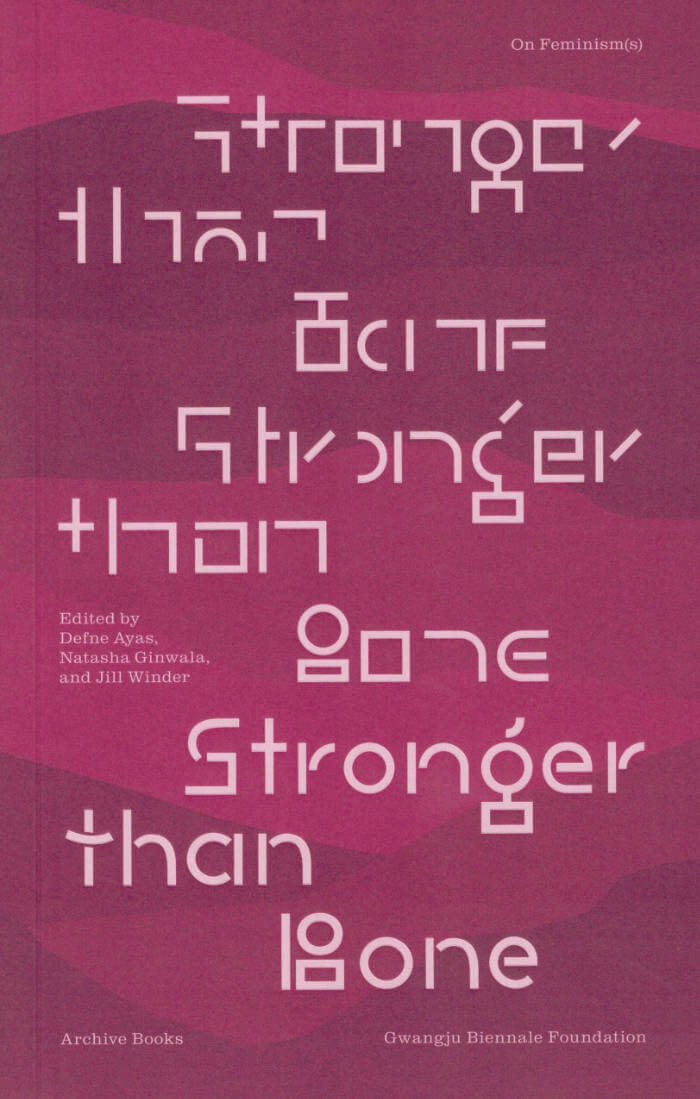Oxana Timofeeva
Oxana Timofeeva

How to love a homeland
Russian writer and philosopher Oxana Timofeeva was born and grew up in various parts of the USSR. The book explores the difficulty of reducing one’s sense of homeland to one’s country alone, the philosophical interconnectedness of movement and rootedness, our plant and animal souls, and how we need to reimagine our desired, fictional if need be, homelands. The book interweaves vignettes from Timofeeva’s childhood across different parts of the USSR with a philosophical discussion of ideas on homeland in the thought of Brecht, Deleuze and Guattari, and other main figures of literature and philosophy.
Oxana Timofeeva is Sc.D., professor at “Stasis” Center for Philosophy at the European University at St. Petersburg, leading researcher at Tyumen State University, member of the artistic collective “Chto Delat” (“What is to be done”), deputy editor of the journal “Stasis”, and the author of books History of Animals (London: Bloomsbury Academic, 2018; Maastricht: Jan van Eyck, 2012), Introduction to the Erotic Philosophy of Georges Bataille (Moscow: New Literary Observer, 2009), Solar Politics(forthcoming, Polity, 2022).
Commissioned and published by Kayfa ta (2020)
Translation from Russian by Maria Afanasyeva
Design template by Julie Peeters
Cover illustration by Jumana Emil Abboud
And more

Stronger Than Bone – On Feminism(s)
Jill Winder, Natasha Ginwala and 1 more
Stronger than Bone draws upon the embodied strength, intuitive desires, and collective wisdom of feminists and non-binary protagonists to foreground the manifold dimensions of feminist politics and commitments.
Written by thinkers and allies across generations with a focus on heterogeneity, intersectionality, and influence across geographies, this reader arrives into the world at a moment of heightened fragility, under the shadow of the coronavirus pandemic. In key historical texts, poetry, and new commissions, a range of artists, theorists, philosophers, and writers grapple with how gender politics might be reconfigured in a world undergoing an interregnum of extraordinary intellectual, technological, political, artistic, and social ferment.
Stronger than Bone reveals strands of inquiry into a range of subjects including: embodiment and techno feminism; sexual freedom and sexual violence; matriarchal resistance building and shamanic practices; the gendered dimensions of self-optimization; digital identity and gaming culture; how the trauma of state violence and racial injustice is passed to future generations; and artistic strategies of renewal and rewriting history. With a view to the peril and possibility of the current moment, bringing together this constellation of voices is an act of acknowledging kinship, one iteration of the liberatory potential of collective forms of intelligence!
Contributions by Chris Abani, Gloria Anzaldúa, Wendy Hui Kyong Chun & Sarah Friedland, Tishani Doshi, Maya Indira Ganesh, Eeva-Kristiina Harlin & Ciske-Jovsset Biret Hánsa Outi/Outi Pieski, Laurel Kendall, Kim Hyesoon, Kim Seongnae, S. Heijin Lee, Audre Lorde, Soraya Murray, Esha Pillay & Quishile Charan, Djamila Ribeiro, Tamarra & Brigitta Isabella, Oxana Timofeeva, Cecilia Vicuña.